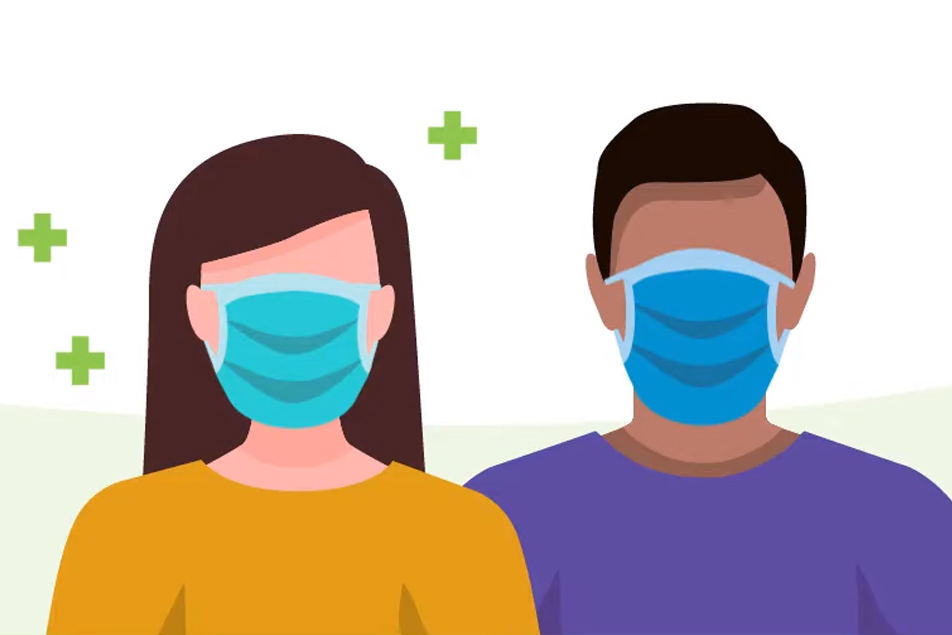Melvin Durai
The coronavirus pandemic has forced many of us to wear masks — mostly in public but sometimes even at home. While some people are wearing masks reluctantly, like they’re accommodating a distant uncle temporarily in their homes, others have accepted and embraced masks, making that uncle feel so welcome and comfortable, he’s beginning to wonder if he should ever leave.
Masks have become an accessory for many people, just like ties, belts, scarves and handbags. Many women have an assortment of masks in their wardrobes, and some even have a mask drawer. Whether they have just a few masks or a few dozen, they try to match their masks with the rest of their ensemble. And they enjoy giving and receiving compliments on masks.
Roger: “Lovely mask, Rani. Same pattern as your dress!”
Rani: “I love your mask, too. Same pattern as your freckles!”
Whether you’ve embraced masks or reluctantly wear them, the important thing is that you’re doing your part to protect yourself and others.
Unfortunately, there are still many people who refuse to wear masks or cover their faces in other ways. Some do this because they believe that face coverings are ineffective against the virus. Others just want to assert their freedom to do whatever they want. “If I die, I die,” they say, forgetting that they are not only putting other people at risk, they’re also neglecting to arrange their own funerals.
Scientific studies indicate that wearing a mask reduces your risk of getting or spreading the virus by about 70 per cent. To put that in perspective, wearing a seat belt reduces your risk of getting killed in a car accident by 45 per cent, and wearing red lipstick reduces your risk of being ignored at a party by 25 per cent (especially if you’re a man).
But if the health benefits of wearing a mask aren’t convincing enough, you may want to consider all the other positives. One of the biggest benefits is the anonymity a mask gives you, as Alyson Krueger explained in a recent New York Times article entitled “Cases of Mask-taken Identity.”
Krueger shared the story of a 20-year-old Los Angeles woman who spotted her ex-boyfriend in a grocery store and started to panic. But the man walked right past her, failing to recognise her because of her mask. What could have been an awkward moment turned into a moment of relief.
Let’s face it: there’s a long list of people we’d like to avoid in public places, not just ex-boyfriends or ex-girlfriends, but also ex-spouses, ex-bosses, in-laws, and anyone to whom we owe money. There’s also a list of people we don’t mind running into, as long as we don’t have to chat for long, especially when we’re in hurry. A one-minute encounter won’t delay us much, but it’s hard to pull away from some people. This is where the mask is vital: it saves you from one-hour conversations in the supermarket aisle. Even if an acquaintance recognises you, you can alter your voice and say, “Sorry, I think you have mask-taken me for someone else.”
For people who suffer from social anxiety, the masks are a godsend. They’re also a welcome accessory for people who don’t like to smile at everyone. People with straight teeth may miss the opportunity to flash their perfect smiles, but many others are relieved that they can hide their facial imperfections.
The masks are a great equaliser: they’ve made homely people less homely and attractive people less attractive. A typical supermarket is now full of average-looking people, although some have great taste in masks.
In a few months, hopefully, the virus will be under control and we won’t need to wear masks for health reasons. But don’t be surprised if some people continue to bask in their masks.
